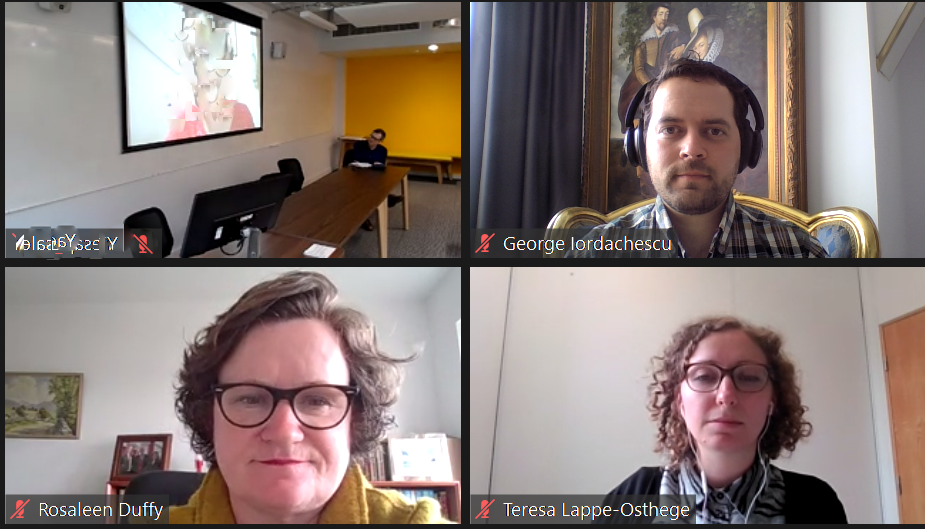Our team presented research at this year’s PSA Annual International Conference organised by the Political Studies Association and hosted by the University of York which took place on 11-13 April. Our paper ‘Producing Environmental harms: The Politics of Green-Collar Crime and the Illegal Wildlife Trade in Europe’ was part of the panel Global and National Scales of Environmental Politics chaired by Professor Neil Carter.
Abstract
As global environmental challenges and pressures on biodiversity intensify, hitherto dominant actors in the production and distribution of environmental harms are increasingly challenged from the margins. In this paper, we place the spotlight on European states, which have traditionally shifted responsibility for the production of environmental harms to the Global South and distributed their socio-ecological costs to the peripheries. We combine political ecology and green criminology to develop a fuller understanding of the production of environmental harms; by locating ourselves at the cutting edge of interdisciplinary perspectives, we deploy an innovative approach that synthesises critical insights from these two fields which, despite their overlapping concerns, have had limited engagement with one another. We do this via an analysis of the illegal wildlife trade (IWT) in Europe, and highlight that current conservation policies have not simply externalised responsibility for biodiversity loss beyond Europe but have also marginalised certain human and non-human actors within Europe. Moving beyond institutional and legislative analysis, we argue that policy approaches to curbing IWT in Europe have overlooked the role of European consumers and businesses as perpetrators of the trade, and diminished the consequences of their actions on non-human victims. Deploying the analytical toolkit from green-collar crime (a form of white-collar and/or corporate crime), we illuminate the interests hidden at the intersection of licit and illicit activity, where criminal endeavours share common interests with legitimate businesses. By examining three overlapping themes (consumption patterns, uncertain scientific knowledge, and legislative frameworks and legal loopholes), our analysis draws out overlooked nuances in the process of framing acts as (il)legal—how, by whom, and for what purpose. By paying attention to these questions of power that inform the policy-making process, we can begin to understand and counteract the ways in which socio-ecological inequalities have become entrenched in current environmental politics in Europe.
You can access our presentation below:
